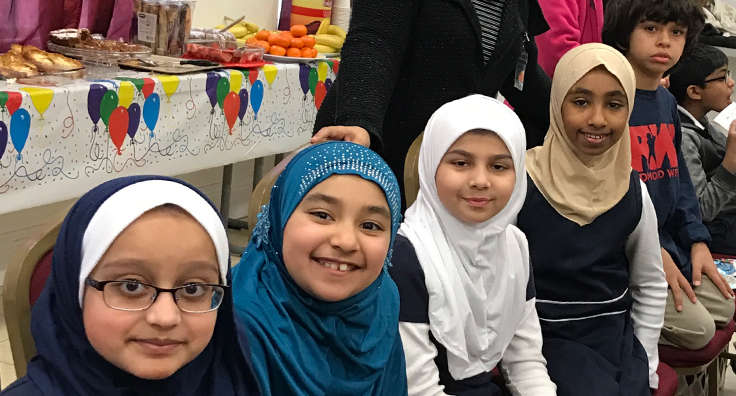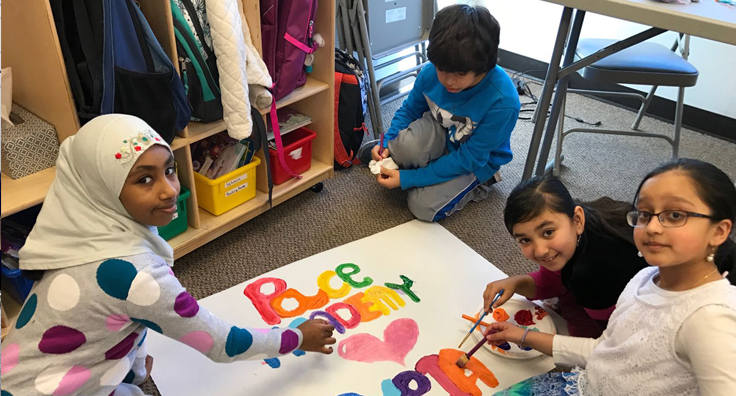What Kids Learn in Third Grade
In third grade, children start putting the learning pieces together to take on more complicated assignments. As they continue to apply the basic skills they learned in first and second grade, they begin to do some work independently rather than with the explicit directions given in earlier grade levels.
The third-grade curriculum focuses on learning about the past, present, and future. Literature, social studies and even science follow events over time, such as observing the phases of the moon or how rocks erode into sand.





